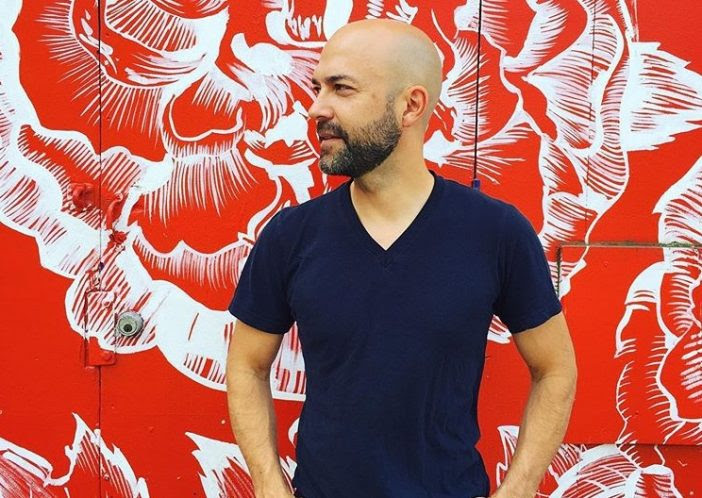Back in 1985, Joseph Campbell said:
"Now brotherhood, in most of the myths I know of, is confined to a bounded community. In bounded communities, aggression is projected outward. For example, the ten commandments say, “Thou shalt not kill.” Then the next chapter says, “Go into Canaan and kill everybody in it.” That is a bounded field. The myths of participation and love pertain only to the in-group, and the out-group is totally other."
In following up the concept of bounded communities, I discovered a journal article that looks at the extent to which Bahais are a bounded community, and how that plays out -- given the challenge to boundedness that the Internet poses.
"...there are some aspects that the American Bahá’ís must reject withregard to blogging, as outlined by the Bahá’í Internet Agency. One of the aspects discouraged for practising Bahá’ís is the use of confrontational and negative discussion threads on the Internet. This includes any blog post that is seen to undermine or challenge Bahá’í policies or beliefs, which is to be ignored/deleted. If the blogger who makes negative claims happens to be a practising Bahá’í, he/she can be labelled as a covenant-breaker and shunned by the community."





